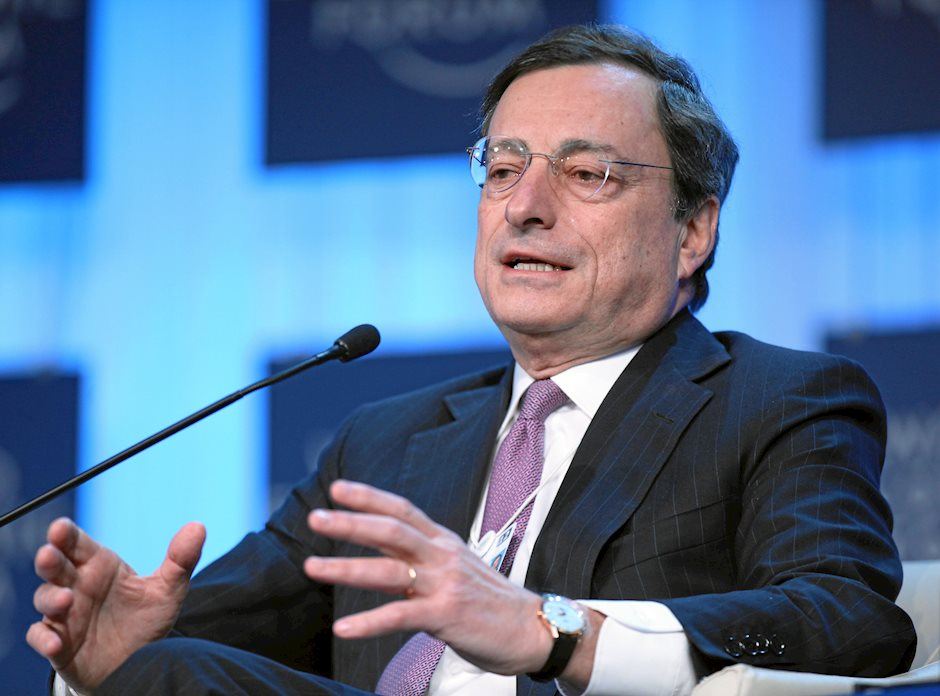Central Banks and Inflation; A difficult relationship

What else matters?
Inflation, if you want to know how serious it is; ask a Zimbabwean!
The U.S. released inflation data for June on Friday and whether it is the brilliant job being done by the FOMC in raising interest rates, “global factors” a weak housing market or some other reason, there is no question that inflation is barely a factor in the U.S. economy.
Consumer prices rose by 1.6% in June falling from 1.9% in May. The average of the data over the past year is 1.88%. It is true that around the turn of the year, inflation was consistently above the 2% target set by the Administration. The average for 2017 has been 2.21% so purely on that measure a proactive Fed has acted wisely.
The rest of the G7 Central Banks have their own inflation concerns but they vary wildly. In Japan, on the one hand, inflation has averaged 0.34% so far in 2017. Lack of inflation has been the major concern in Japan for quite a while and monetary policy has been “ultra-loose” for many years to stave off deflationary concerns.
Contrast this with the U.K. where a weakening of the currency has led to inflation reaching close to 3% and prompting calls for a rate hike. Over the past year Sterling fell by 20% against the dollar before recovering. It is now 12% lower than immediately prior to the Brexit referendum. The Jpy has fallen by 19% over the same period and recovered to also be about 12% lower now. Currency weakness and inflation? Not quite so simple.
U.K. Inflation Data to add to MPC headache.
While we are talking about inflation, consumer price data for June in the U.K. will be released tomorrow. Expectation is for an unchanged headline number of 2.9%. We can’t discount a little “massaging” to ensure that it doesn’t reach 3%! Real wages continue to fall as income growth fails to match price rises. This is the major worry for the MPC as the consumer is expected to “pick up the slack” as business investment falls and output falters.
The MPC meeting on August 3rd is shaping up to be the most important almost since its inception in 1997. It will certainly be the most significant since the financial crisis.
Who would have thought that the withdrawal of stimulus would have been almost as tough a decision as cutting rates and quantitative easing?
The U.K. economy is continuing to face political and economic headwinds as Brexit talks become serious. Today sees the first “business session” between David Davis and Michel Barnier. Following last week's “go whistle” comment by Boris Johnson, the atmosphere may take a little while to warm up.
To paraphrase Barnier, the clock is certainly ticking and twenty months seems a very brief time in which to reach an agreement.
Euro falls for no good reason
The common currency saw a correction on Friday even while it was rising against a weaker dollar. That rather bizarre statement is the best I can do to explain a move up to 1.1472 despite a fall against the pound to 0.8742.
It seemed to be a foregone conclusion that a test of 0.9000 was coming but there are only so many buyers out there and it seems a shakeout was necessary. Overbought conditions were starting to become serious so a correction was likely. That is the magic of 20/20 hindsight!
This week’s ECB meeting is likely to concentrate on the gradual removal of the Asset Purchase Scheme. Mario Draghi, the ECB President, has been careful in his recent remarks to separate a rate hike from an easing of monetary policy to manage expectations of when a hike may take place. That event is clearly some way in the future.
Author

Alan Hill
Treasury Consultancy
A highly experienced banker with an in depth knowledge of Corporate Banking, Treasury and Trade Finance. Global markets, risk management, FX trading and sales & interest rate management have been a major part of my career.

















